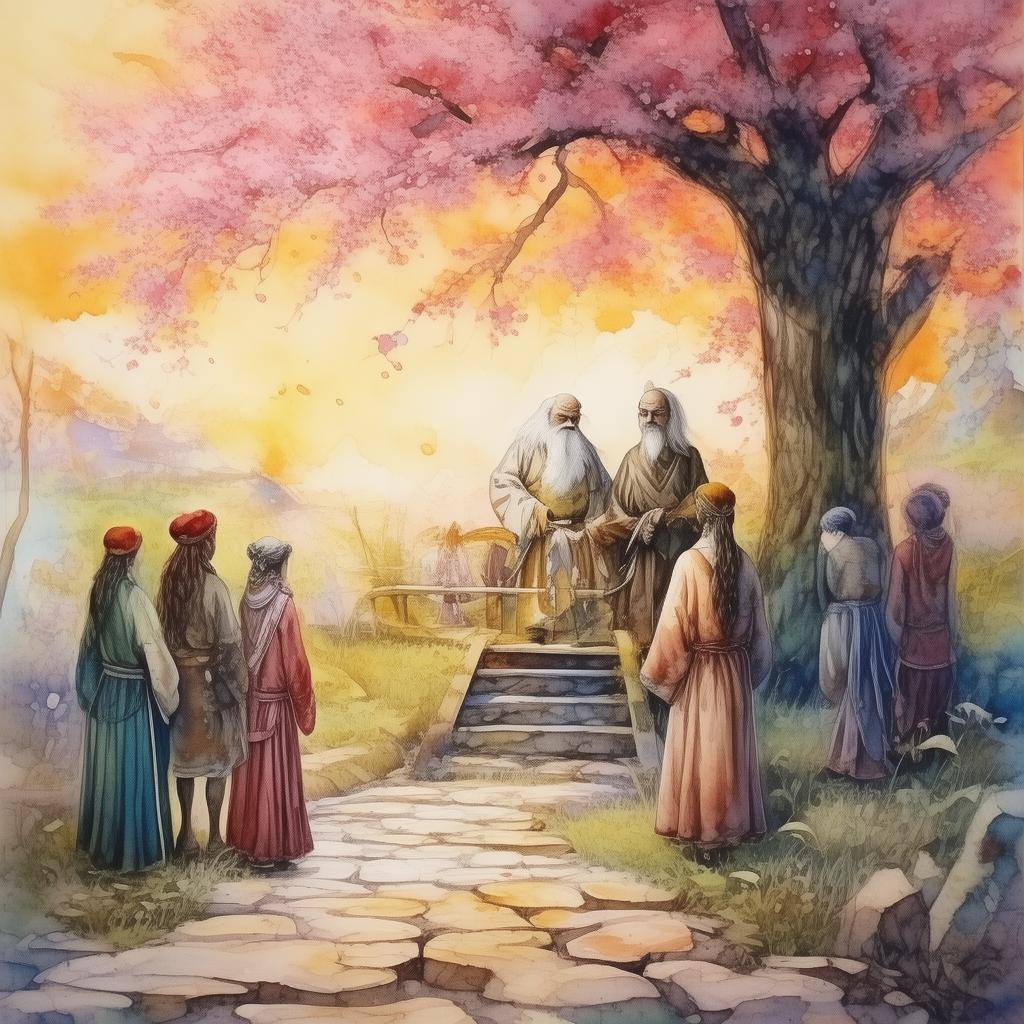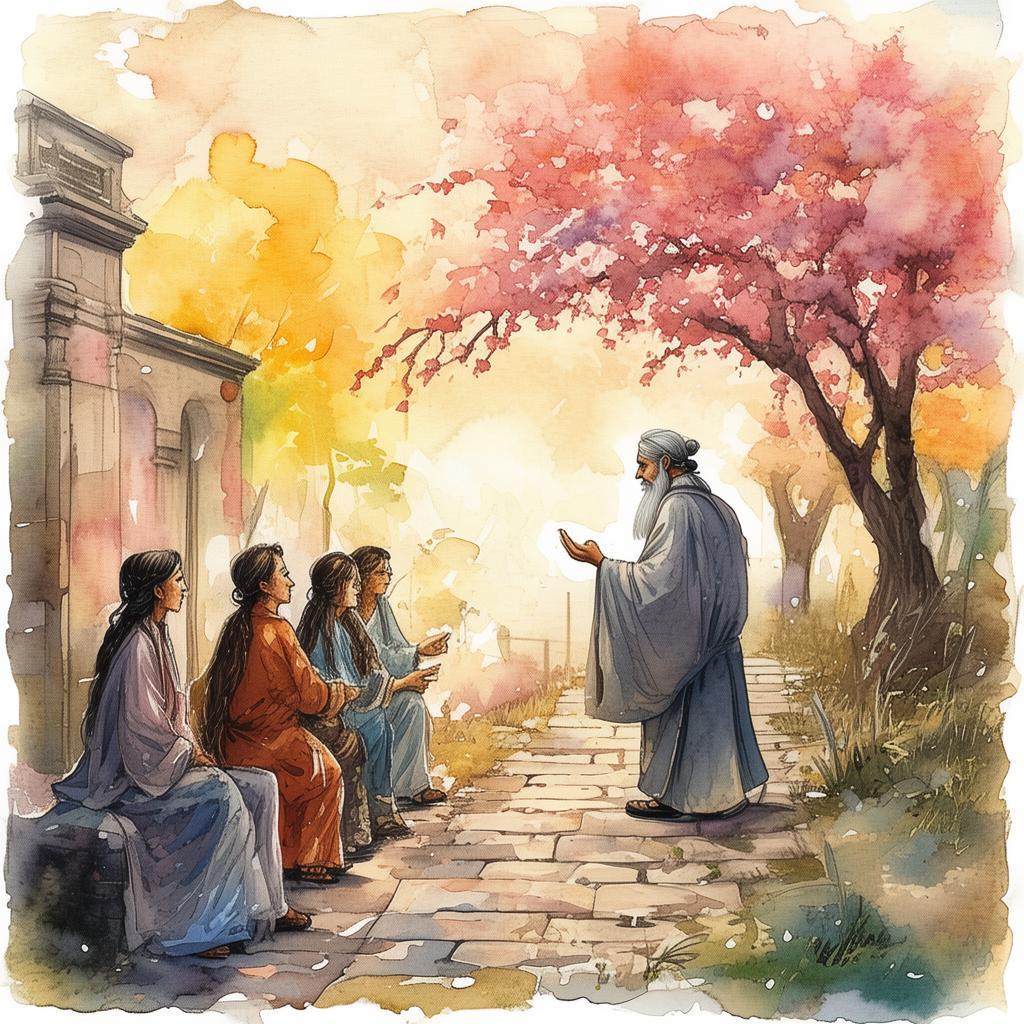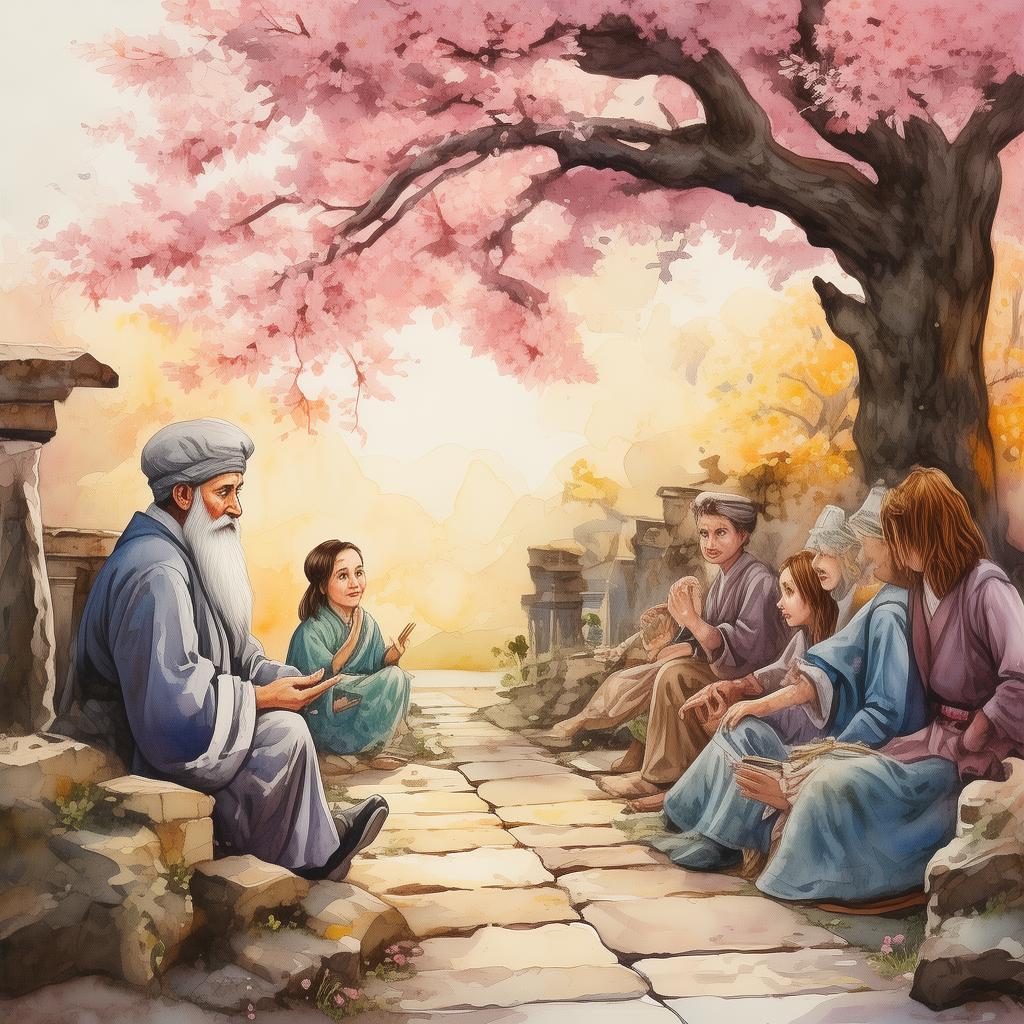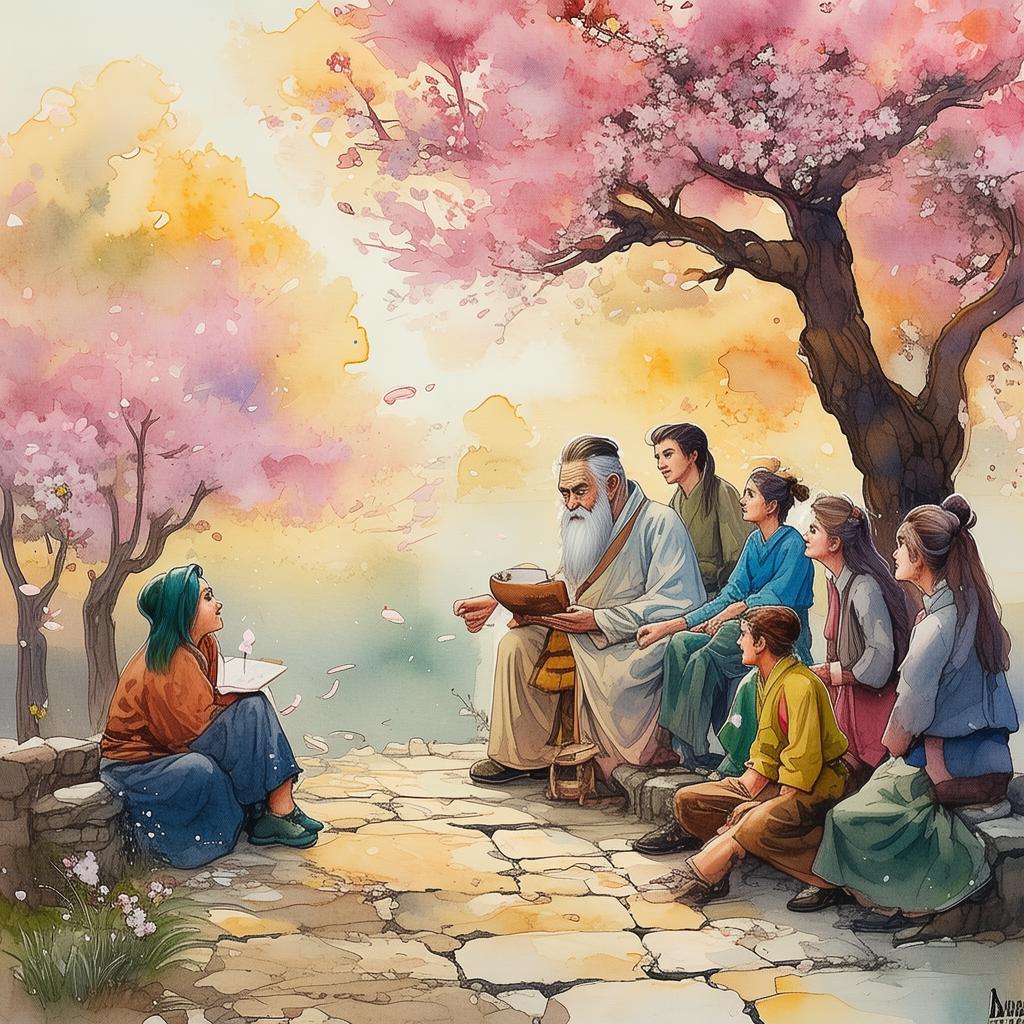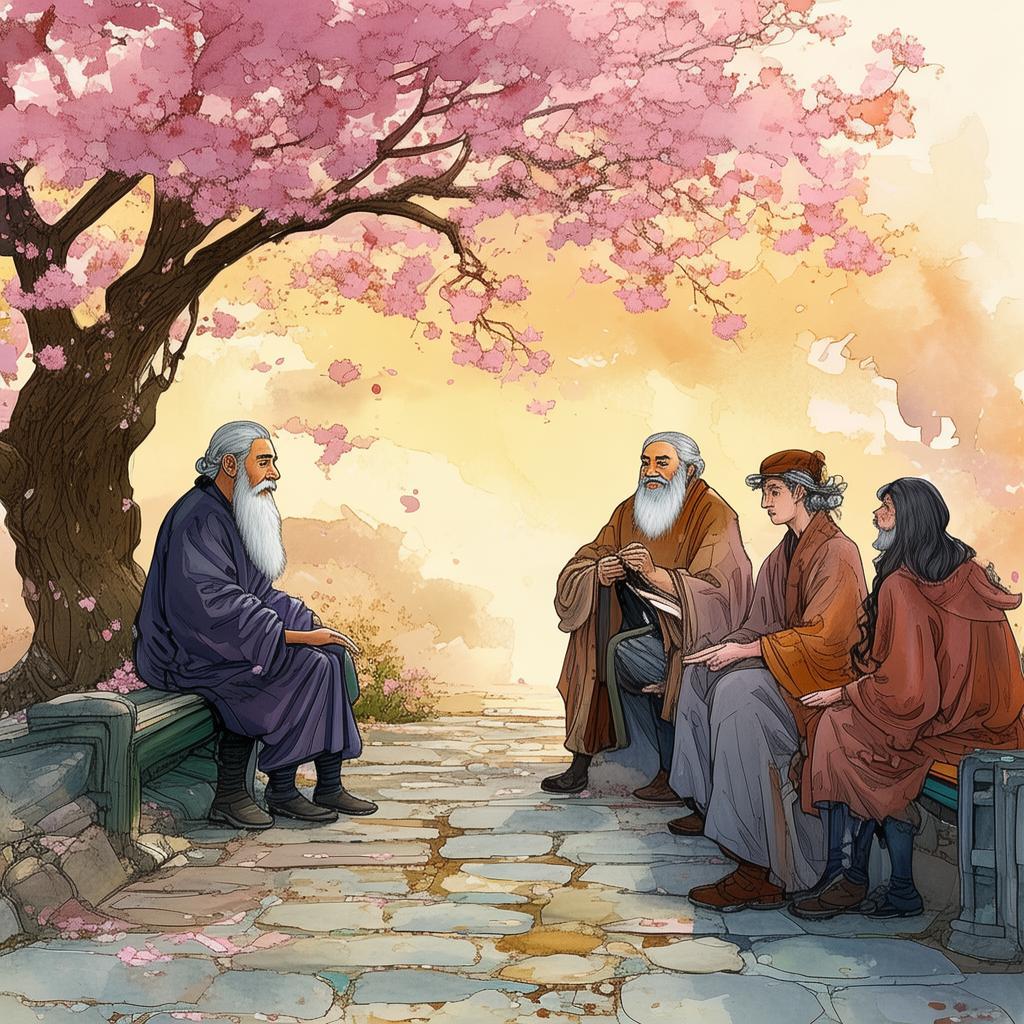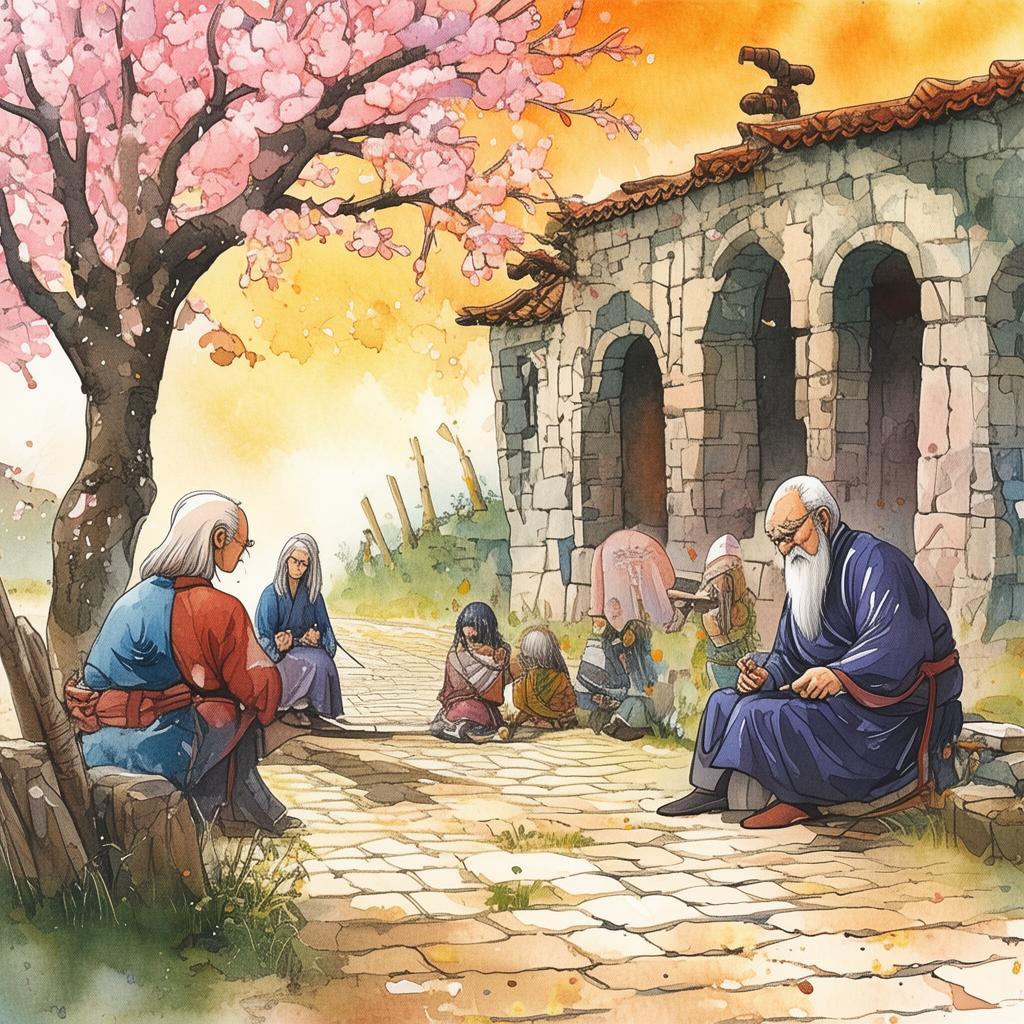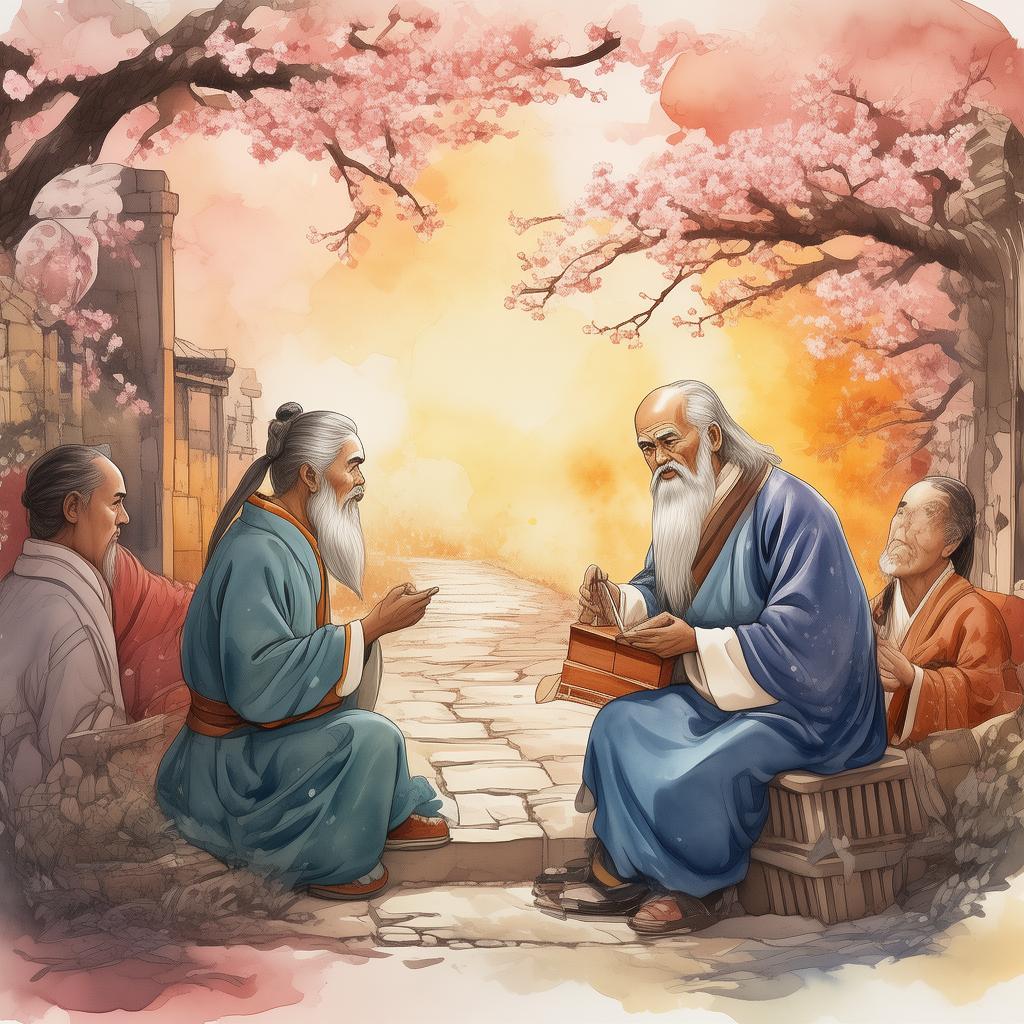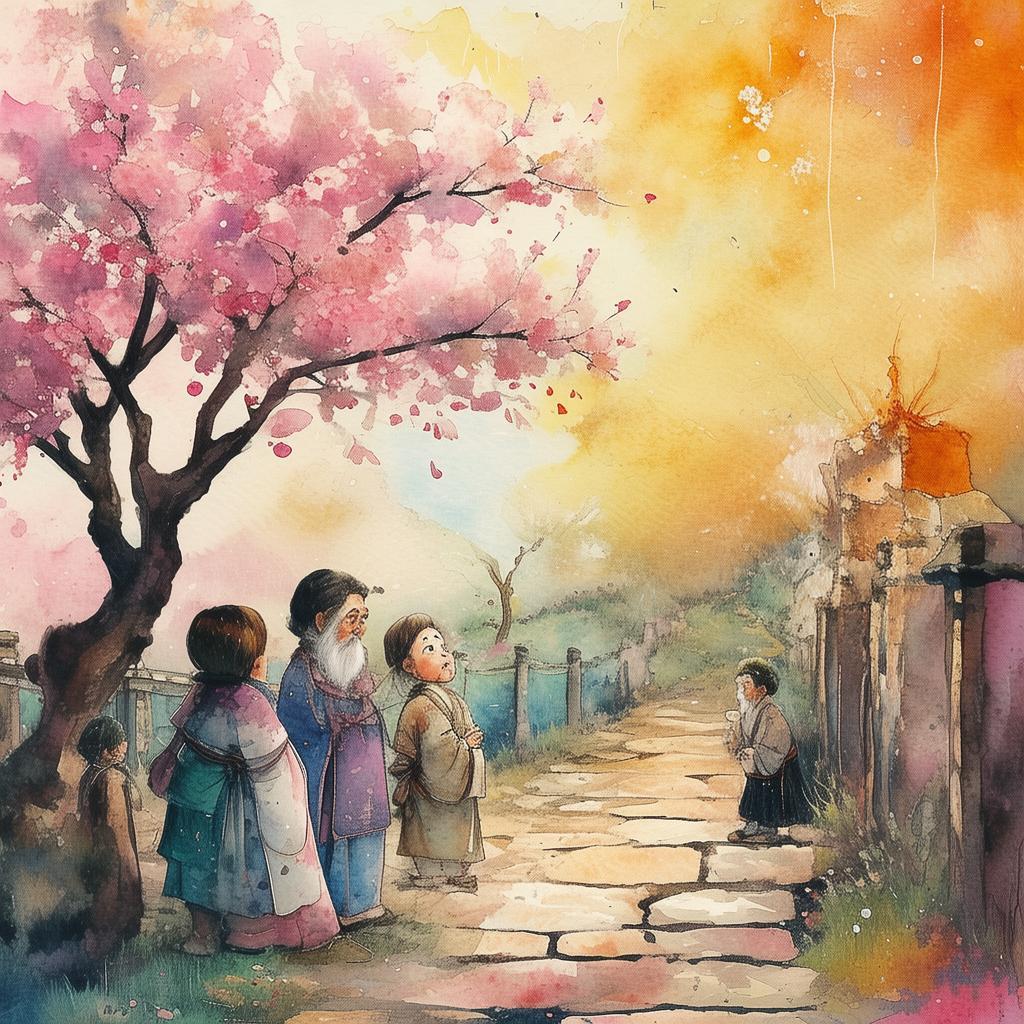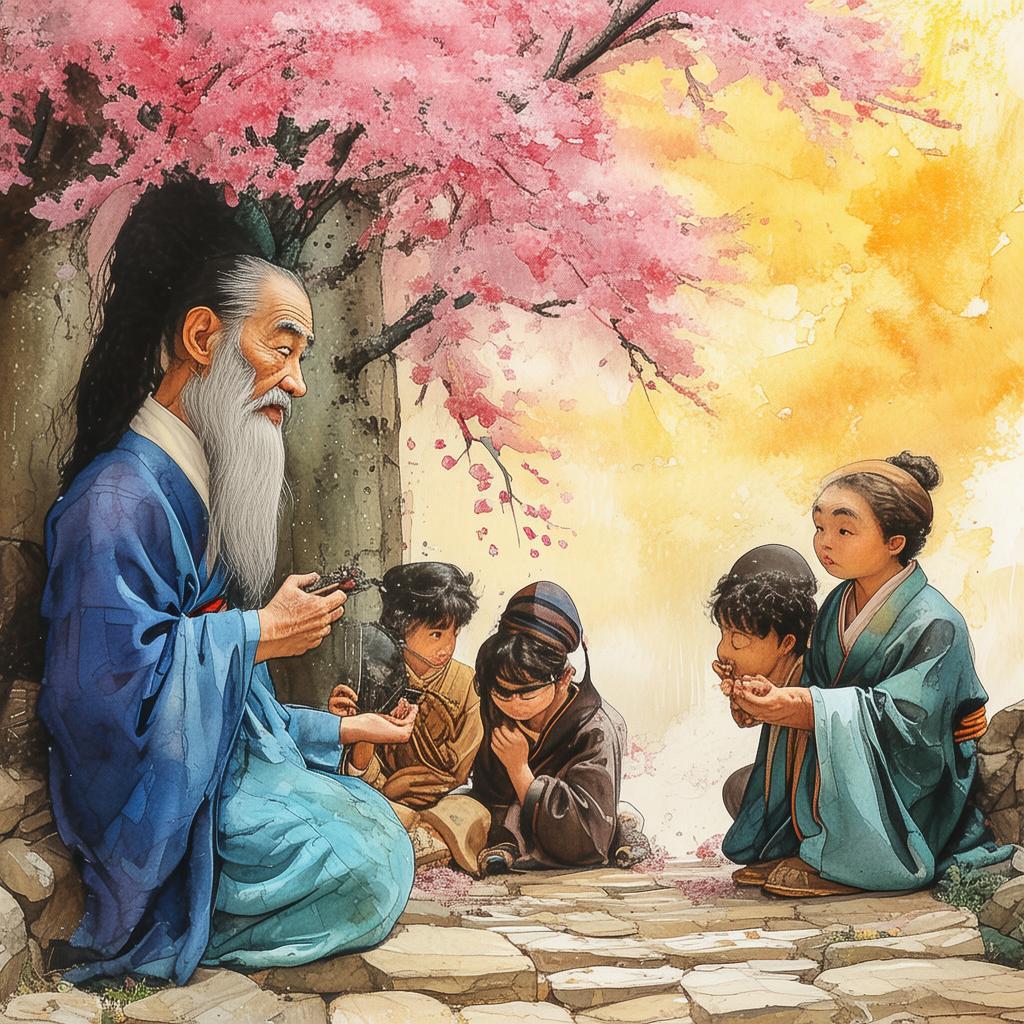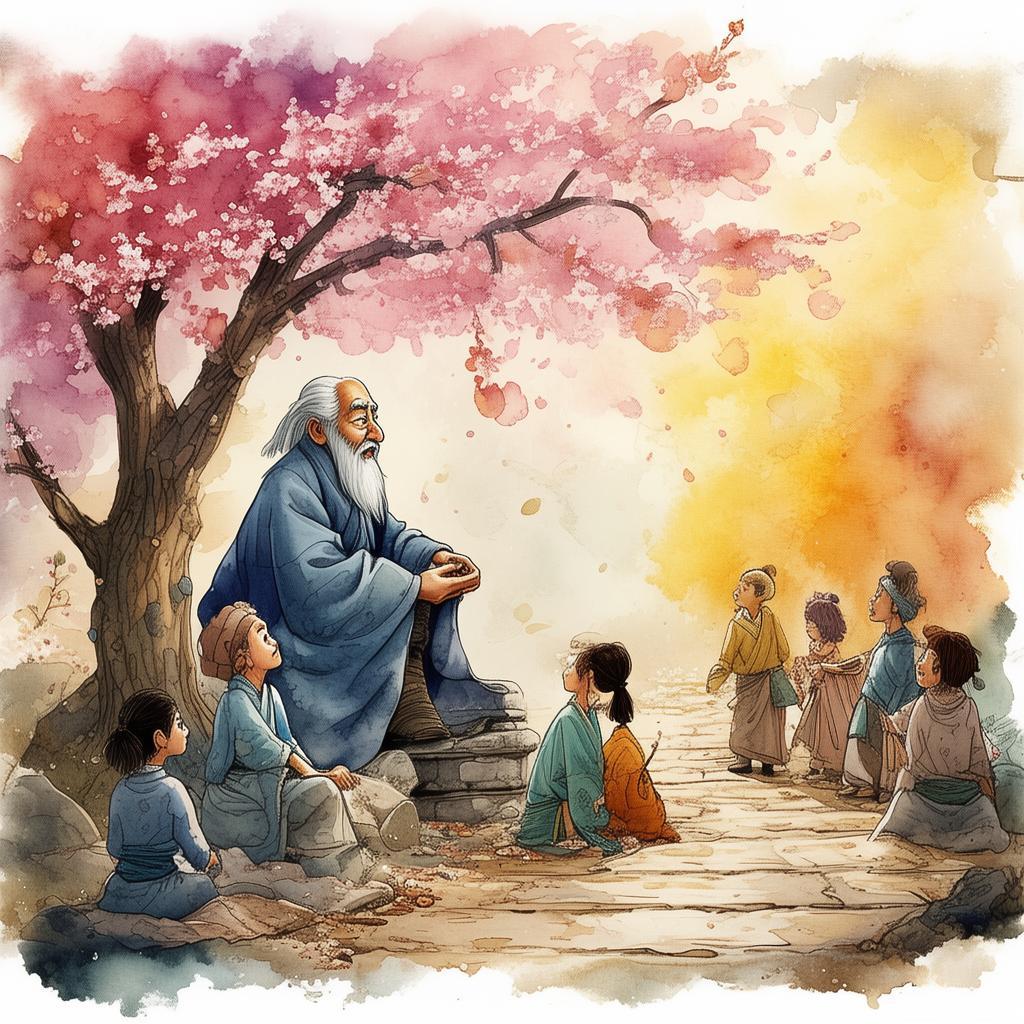The Phoenix's Resplendent Return
In the heart of the war-torn empire, the city of Liangming lay in ruins. The sound of weeping mingled with the crackling of the fires that still smoldered in the remnants of the palace. Amidst the chaos, a young man named Qing stood in the ashes of his childhood home, his heart heavy with loss.
The general, Lord Yuan, had been a figure of legend, a warrior who had led his people through the darkest hours of war. His son, Qing, had grown up in the shadow of his father's prowess, his own dreams and aspirations smothered by the weight of his destiny. As the war raged on, Qing had been sent away, away from the front lines, away from the blood and the loss, to a distant province to escape the harsh realities of war.
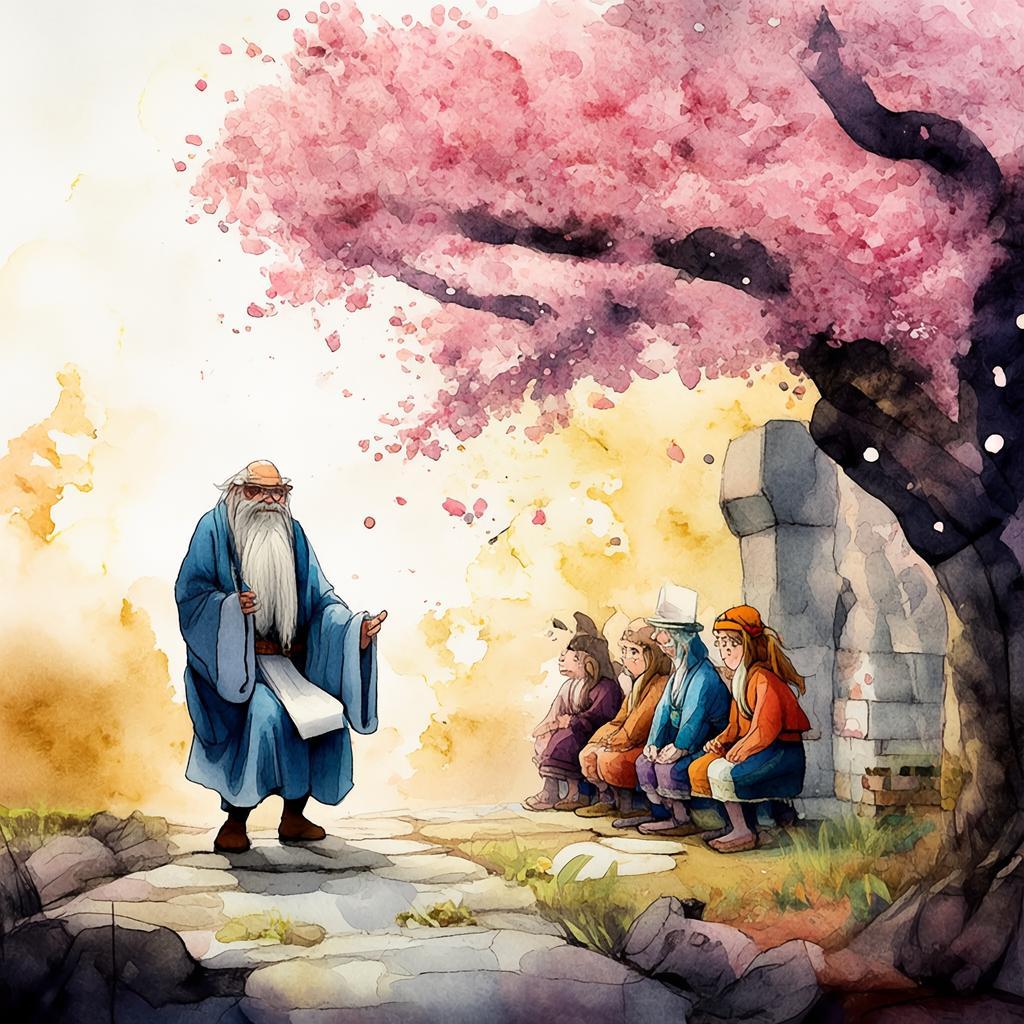
But now, with the war's end, Qing found himself face-to-face with the aftermath of his father's conquests. The city of Liangming was nothing more than a hollow shell, its inhabitants in need of leadership and a vision for the future. It was in this moment of despair that Qing's life took a sharp turn, a turn that would define not only his own fate but also the fate of the empire.
Word of Qing's return spread like wildfire through the city. Some saw him as a mere boy, too young to grasp the complexities of statecraft. Others, however, saw a man capable of reshaping the world. Qing's own mind was a whirlwind of doubt and resolve. He knew the empire needed a new leader, but could he be that leader?
The journey to reclaim his place in the world began with a humble request from the city's council. They needed a general to lead the reconstruction of Liangming. Qing stepped forward, not as the son of the great Lord Yuan, but as a man who had witnessed the pain of war and desired a different path for his people.
The first challenge was to gather the city's leaders, men who had fought in the war and were now at odds with each other. Qing invited them to the ruins of the general's old mansion, a place that had once been a symbol of power and authority but now stood as a testament to the cost of war.
"We have been divided for too long," Qing began, his voice steady and resolute. "The phoenix rises from the ashes, and it is time for us to rise together. Let us rebuild Liangming not as a city of power, but as a beacon of hope and peace."
The leaders were skeptical, but Qing's words struck a chord. He had seen the pain in their eyes, and he understood that they too desired a future free from conflict. He offered them a vision, not of conquest, but of unity.
One of the leaders, a man named Feng, challenged Qing, "But the empire is vast, and many are eager to seize power for themselves. How can we ensure that this peace will last?"
Qing paused, his mind racing. He knew that trust was the foundation of any lasting peace. "We must be vigilant," he replied. "But more importantly, we must be willing to listen and understand each other. It is not enough to conquer others; we must conquer our own greed and fear."
The leaders were convinced, and with Qing's leadership, they began to rebuild the city. They repaired the walls, restored the temples, and re-established the markets. But Qing was not content with just rebuilding the physical city; he sought to rebuild the hearts and minds of its people.
He organized a series of public forums, where citizens could voice their concerns and hopes. He listened to their stories, their dreams, and their fears. He learned that the true enemy was not the other side, but the division within themselves.
As the city slowly recovered, a new spirit began to take hold. The people of Liangming worked together, not just to rebuild their city, but to rebuild their empire. Qing's leadership was not just about strategy and tactics; it was about understanding and empathy.
One day, as Qing walked through the streets of Liangming, he encountered a young woman, her eyes filled with sorrow. "General Qing," she said, "my father was a soldier in the war. He died fighting for the empire, and I never got to say goodbye. Can you help me?"
Qing nodded, understanding the pain in her voice. "Of course," he said. "Let us remember all who have fallen, and let us honor their sacrifice by building a future worth fighting for."
With these words, Qing's journey took a new turn. He began to reach out to families of fallen soldiers, offering them support and a place to share their stories. He created a monument to the fallen, a place where the people could gather to remember and to heal.
The empire watched with awe as Liangming rose from the ashes. The phoenix had indeed returned, not as a conqueror, but as a healer and a unifier. Qing's leadership was not about power; it was about the power of empathy, the power of understanding, and the power of hope.
The story of Qing's journey spread throughout the empire, inspiring others to rebuild their own communities in the spirit of reconciliation and unity. And so, the ancient maxim, 'The phoenix rises from the ashes,' took on a new meaning in the heart of a war-torn land.
As the empire slowly healed, Qing knew that his journey was far from over. He had set a path for others to follow, a path that required constant vigilance and a deep commitment to peace. But he also knew that as long as there were those willing to listen, to understand, and to heal, the phoenix would continue to rise from the ashes, forever reborn.
✨ Original Statement ✨
All articles published on this website (including but not limited to text, images, videos, and other content) are original or authorized for reposting and are protected by relevant laws. Without the explicit written permission of this website, no individual or organization may copy, modify, repost, or use the content for commercial purposes.
If you need to quote or cooperate, please contact this site for authorization. We reserve the right to pursue legal responsibility for any unauthorized use.
Hereby declared.
